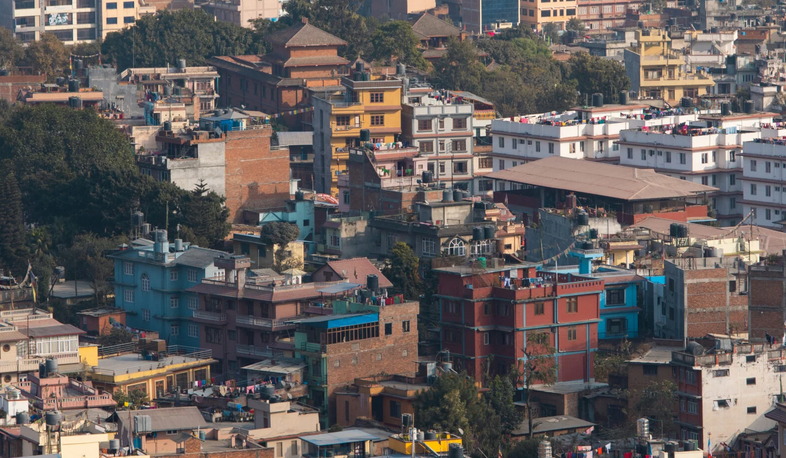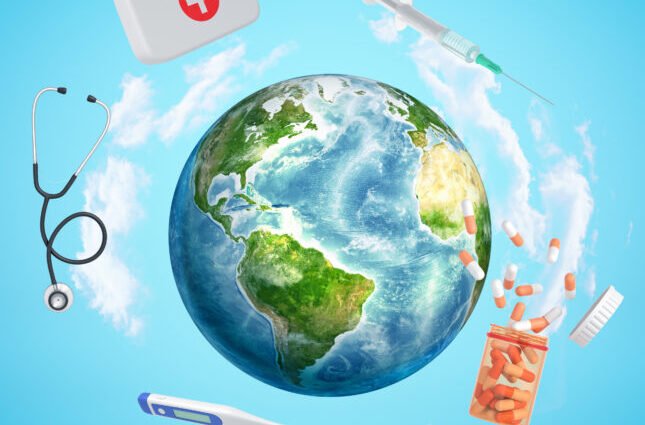The World Health Organization (WHO) estimates that extreme heat kills almost half a million people each year, more than war, terrorism, and nutritional deficiencies combined. This number is expected to rise as the climate gets hotter and less predictable.

Climate change poses many threats to public health beyond extreme heat. Historic rainfall and rising temperatures are causing outbreaks of malaria, cholera, and dengue. These diseases are also spreading to new areas. Air pollution from wildfires has been linked to various health problems, including cancer and heart disease.
City dwellers will feel these effects most strongly. Concrete absorbs and re-emits heat, and higher population densities make it easier for pathogens to spread.

Despite nearly 70% of city leaders recognizing the health threats posed by climate change, and more than 90% reporting economic losses from such events, less than a third of cities have a resilience plan that integrates climate and health. A new report by the Rockefeller Foundation highlights this.
The report also highlights individual cities using innovative approaches to minimize climate-driven health risks. These success stories could show a path forward for other cities facing a “climate-health crisis.”

Rio de Janeiro is one city making progress in this area. By combining health and meteorological data, Rio developed an early warning system for dengue fever. Although the team didn’t prevent the epidemic, their models predicted a spike in dengue cases two months earlier than traditional epidemiological models.
Bangalore, India, is another city using predictive modeling against dengue. A team there used climate and health data to make AI-driven outbreak forecasts at the district level.
However, the vast majority, 77% of cities, do not use meteorological data in health surveillance systems. Replicating Rio’s success requires more than predictive modeling.
The report outlines a second crucial aspect of city preparedness: ensuring experts in areas such as climate change, health, urban planning, and transport coordinate proactively before a disaster strikes. Instead of waiting until an emergency occurs, the Rockefeller Foundation report emphasizes the importance of developing “always-on” communication strategies.
Reference- Rockefeller Foundation report, TIME magazine article, World Health Organization (WHO) website






